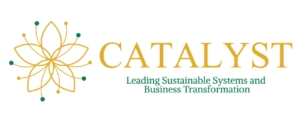About the CATALYST project
The rapid shift towards a climate-neutral Europe and digital transformation is changing the way we work, learn, take part in society and lead our everyday lives. New VET skills are key to success in order to achieve the vision of European economies and societies to become more sustainable, resilient, and better prepared for the challenges and opportunities of green and digital transitions. The CATALYST project “European VET Excellence Centre for Leading Sustainable Systems and Business Transformation” is designed with a strong vision and motivation to contribute to the realisation of the European Green Deal and the new Industrial and SME Strategies.
The project is co-funded by the Erasmus+ Program, CoVEs Partnership for Excellence – Centers of Vocational Excellence.
The main goal is the establishment of a united CATALYST Centre of Vocational Excellence in 5 countries to give support, create an educational offer to tackle personal and organisational development and embrace transformation in SMEs, enabling and inspiring them to re-think and re-design their business models, co-creating and sharing between educational and business organisations.
The CATALYST project addresses sustainability from an organisational, social and economic perspective.
The project fosters innovation and applied knowledge in approaches of learning and tailor-made VET program via the “Enable component”, as well as support of SMEs to create sustainable businesses via the “Inspire component”.
CATALYST has a multi-level approach:
CATALYST has a multi-level approach:
Collaborative Innovative Model (CO-IN© Model)
The core aspect of the project is applying the CO-IN© Мodel, which directly fosters knowledge triangles, and enables collaboration between educational and business organisations.
The aim of the CO-IN© Model is to build sustainable systems and develop sustainable business models, contributing to the triple helix, strengthening the eco-innovation system and supporting the establishment of learning organisations and entrepreneurial universities.
The effects and benefits of the CO-IN© Model are:
- Building an innovation eco-system supporting the knowledge triangle through collaboration and strategic partnerships;
- Closing the gap between demand and offering the labour market and bridging the valley of death;
- Supporting the development of sustainable businesses companies, from traditional companies to learning organisations;
- Added value from education and research by creating useful knowledge;
- Adopting a holistic approach to solving complex, open and connected problems, providing guidance via frame innovation methodology;
- Effective tool in addressing complex social, economic, and environmental problems.
“Innovation is not an end in itself – it is a means. In order to companies to become more sustainable, be able to rise to new challenges, continue to generate revenue, they need to use their innovative capacities to adapt and capture new opportunities.”
Sasha Baillie






